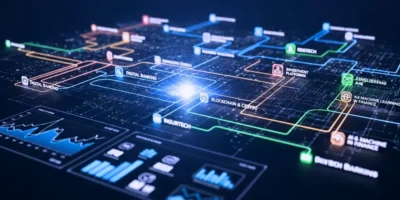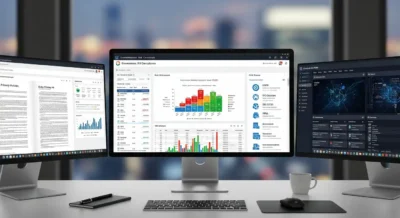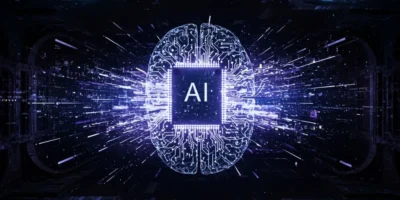Artificial intelligence (AI) redefines Human Resource Management (HRM) by automating repetitive tasks, enhancing decision-making, and personalizing employee experiences. As organizations strive for efficiency and agility, integrating AI into HRM processes has become essential. This opinion highlights AI’s transformative impact on HRM and real-world business insights.
Streamlining Recruitment and Talent Acquisition
AI has significantly streamlined recruitment by automating candidate screening and using predictive analytics to identify top talent. Tidio reports that 44% of recruiters and 67% of hiring decision-makers view AI’s primary advantage as its ability to save time. In 2023, LinkedIn revealed that 74% of recruiters found AI useful for sourcing candidates. AI-powered platforms analyze resumes, match candidates to job descriptions, and even conduct initial interviews, reducing time-to-hire and ensuring better fitment.
Enhancing Employee Engagement and Retention
AI personalizes employee engagement through predictive tools that monitor sentiment and identify disengagement risks. A study published in the International Journal of Human Resource Studies (2023) showed that organizations using AI for engagement saw improvement in retention rates. Chatbots facilitate real-time communication, address employee queries, and foster a supportive work environment.
Optimizing Performance Management
AI-driven performance management systems provide continuous feedback and identify skill gaps. These systems use data to create personalized development plans, aligning employee growth with organizational goals. Research by Deloitte found that most organizations using AI for performance tracking achieved higher productivity, as employees received timely and actionable insights.
Automating Routine HR Tasks
Routine tasks like payroll processing, attendance tracking, and compliance reporting are time-consuming for human resource teams. AI automates these processes, enabling HR professionals to focus on strategic initiatives. A McKinsey report revealed that, by 2030, up to 30% of the tasks currently performed across the U.S. economy could be automated, a shift driven by the rapid advancement of generative AI.
Addressing Ethical Considerations
While AI offers immense benefits, its use in human resources raises ethical concerns like algorithm bias and data privacy. Transparency and regular audits of AI systems are necessary to build trust and ensure fairness. Organizations must prioritize ethical AI practices to maximize the positive impact on HRM processes.
Conclusion
AI is revolutionizing the human resource management processes by improving efficiency, personalization, and decision-making. Its applications, from recruitment to performance management, enhance employee experiences and organizational outcomes. However, ethical considerations must be addressed to ensure fairness and trust. As AI continues to evolve, its role in HRM will become even more integral, driving innovation and fostering a culture of continuous improvement.













